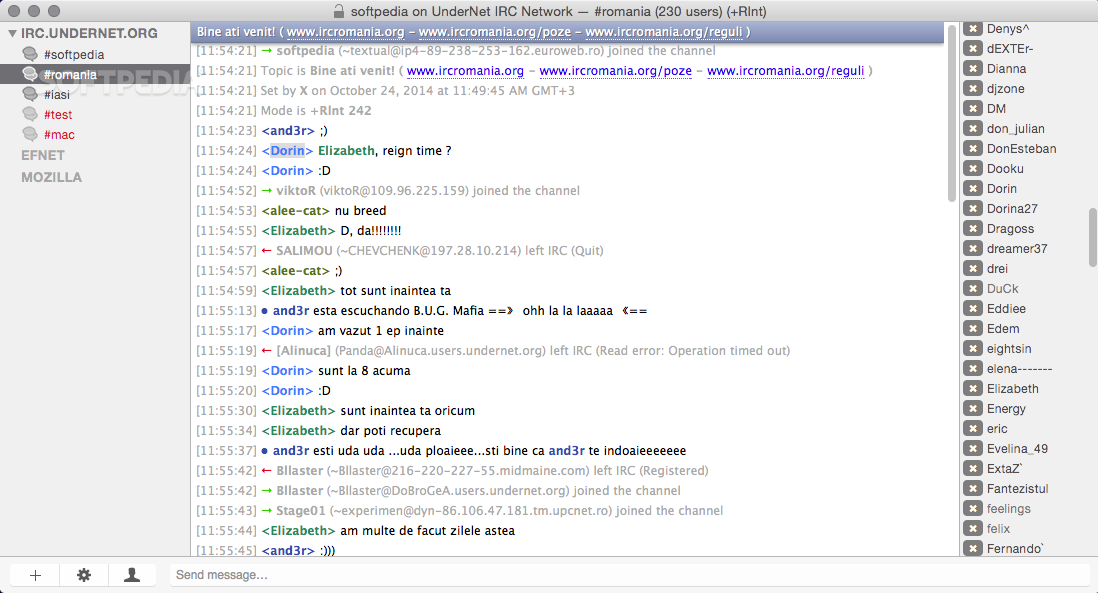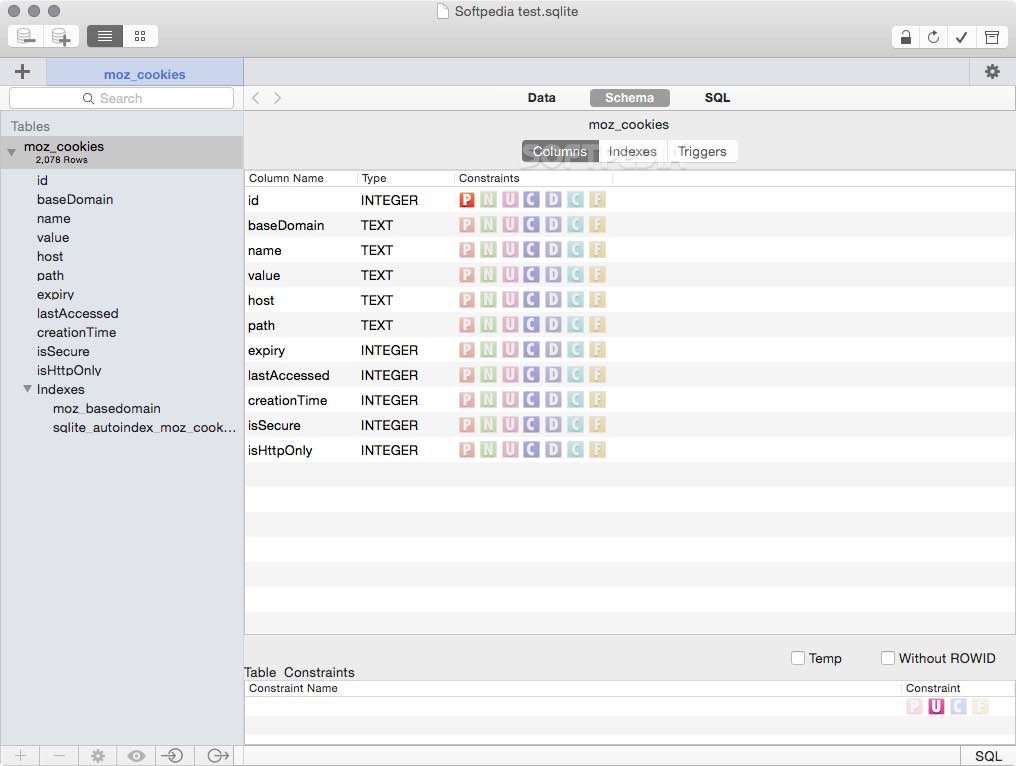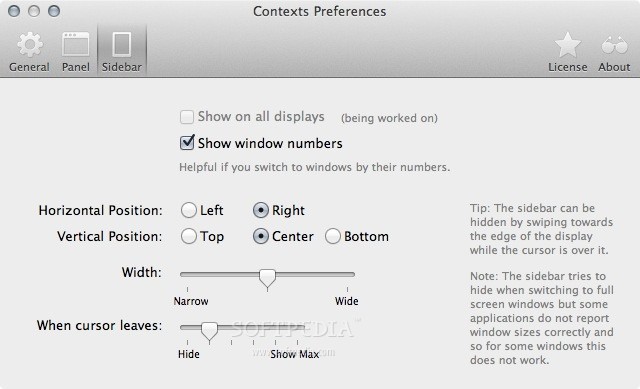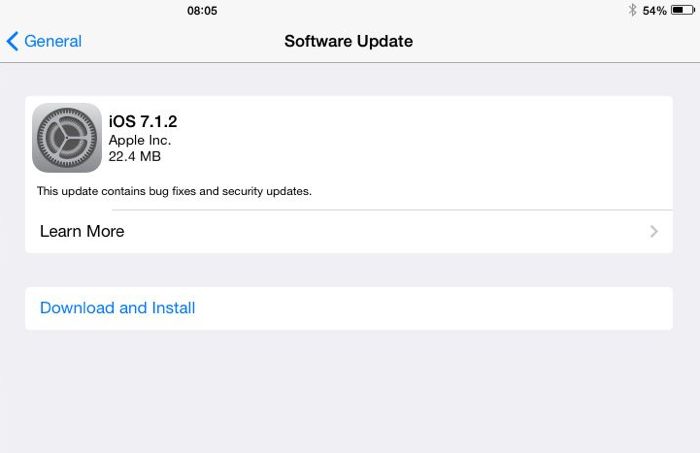

- MAC UPDATE PHP 7.1 HOW TO
- MAC UPDATE PHP 7.1 MAC OS
- MAC UPDATE PHP 7.1 INSTALL
- MAC UPDATE PHP 7.1 FULL
Sudo apt-get install php7.0 CentOS / Red Hat Enterprise Linux If you are using a Wheezy distribution deb wheezy all If you are using a Jessie distribution deb jessie all list file, and make sure you have these commands below: If you are running Debian on your machine, especially around v6, v7 and v8, you can install PHP 7.0 by doing the following:
MAC UPDATE PHP 7.1 HOW TO
Note: You can check out how to install PHP 7 and Nginx here, and manually build memcached module for PHP 7. Sudo apt-get install -y php7.0-fpm php7.0-cli php7.0-curl php7.0-gd php7.0-intl php7.0-mysql If you are running Ubuntu on your machine, especially around v14 and 15, you can install PHP 7.0 by running these commands: sudo apt-get update

It comes packaged with PHP 7.0.ĭownload and install the last/latest versionĪnother option is to download the PHP 7.0 distribution for windows from.

If you are fan of WAMP or XAMPP, then you can just download the latest versions of the software. If you were using PHP 5.6, then you should unlink the old PHP by running brew unlink php56 else unlink whatever version is present before you go ahead to install PHP 7.0.Īnother option is to install it via curl on your terminal like so: curl -s | bash -s 7.0 Windows If you are a fan of Homebrew, you can install PHP 7.0 via homebrew like so: brew tap homebrew/dupes
MAC UPDATE PHP 7.1 MAC OS
We will cover how to upgrade your development environment to run PHP 7.x on Ubuntu, CentOs, Windows and Mac OS machines. The first step to upgrading your application to use PHP 7 features is to migrate your development environment from PHP 5.x to PHP 7.x. Upgrading your development environment to PHP 7 In the next post, I'll give a very detailed rundown of PHP 7 features, including the deprecated features. A summary of the new features are highlighted below:Īnd much more! If you aren't using any of the deprecated features in your PHP 5 app, then the transition to PHP 7 will be seamless. PHP 7.0 was officially released on Decemwith a lot of new features and better performance benefits. It will receive security support until December 31, 2018. PHP 5.6 active support ended January 19, 2017. Unfortunately, every thing that has a beginning must have an end.

A lot of developers have not made the switch because of certain fears of compatibility issues, migration challenges and the strange awkward feeling that migrating will take away a big chunk of their time.
MAC UPDATE PHP 7.1 FULL
The question is, how do I replace PHP 7.1 with 7.2 in the least painful way? Ideally, I would like to get brew to do this so I can update future version through brew as well.TL DR: Many PHP applications are still running on PHP 5.x, not ready to take full advantage of the awesome features that PHP 7 offers. When I ran whereis php71 it came up with nothing which, I suppose, is to be expected in this situation. When I ran whereis php it gave me the result /usr/bin/php. I also tried running a PHP application locally and did phpinfo() within the application, and I got the same version info I got in the console. I tried running brew update and brew upgrade just in case, but it didn't help. However, running brew unlink php71 returns an error saying: No such keg: /usr/local/Cellar/php71Īnd, indeed, in /usr/local/Cellar there is nothing resembling a PHP version. So I thought I would use Homebrew to unlink 7.1 and install 7.2. Zend Engine v3.1.0, Copyright (c) 1998-2018 Zend Technologies When I run php -v in the terminal, I get: PHP 7.1.23 (cli) (built: 22:19:32) ( NTS ) To be more precise, I don't even see where PHP 7.1 is installed.


 0 kommentar(er)
0 kommentar(er)
